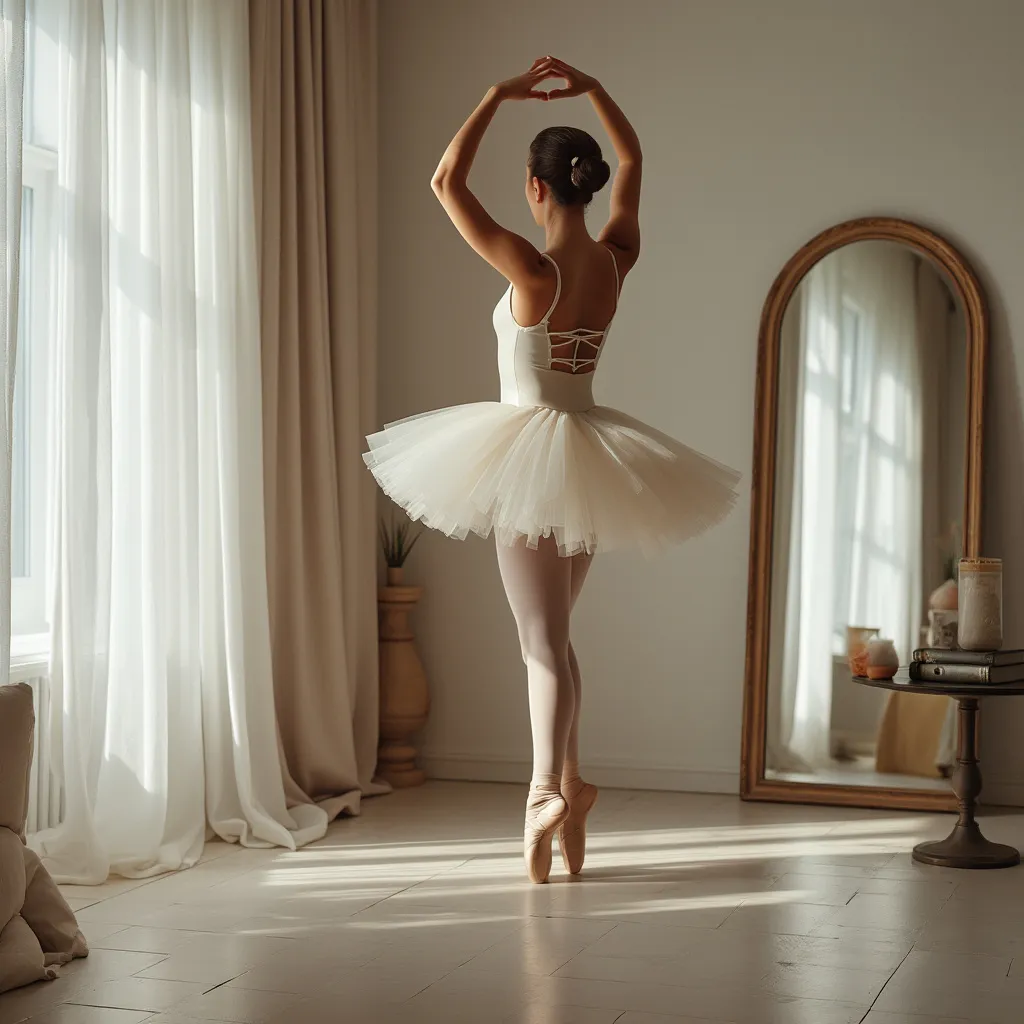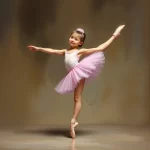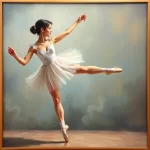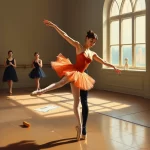Understanding Ballet Auditions: What Directors Look For
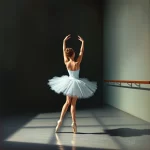
Introduction
Ballet auditions are a critical step in the journey of any aspiring dancer. They serve as the gateway to professional opportunities, whether in a prestigious ballet company, a renowned school, or a significant production. Understanding what directors look for during these auditions can significantly enhance a dancer’s chances of success. This article delves into the various aspects that directors consider, offering insights and tips to help dancers prepare effectively.
Technical Proficiency
Mastery of Ballet Technique
At the core of any ballet audition is the dancer’s technical proficiency. Directors look for a solid foundation in ballet technique, which includes proper alignment, turnout, and the ability to execute fundamental movements with precision. This encompasses:
- Barre Work: Demonstrating control and strength in exercises such as pliés, tendus, and rond de jambe.
- Center Work: Showcasing balance, coordination, and fluidity in movements like pirouettes, adagio, and allegro.
- Jumps and Turns: Executing jumps and turns with height, clarity, and clean landings.
Musicality
Musicality is another crucial element directors assess. This refers to a dancer’s ability to interpret and move in harmony with the music. Directors look for dancers who can:
- Maintain rhythm and timing.
- Express the nuances of the music through their movements.
- Adapt to different musical styles and tempos.
Artistic Expression
Emotional Connection
Ballet is not just about technical skill; it is also an art form that requires emotional depth and expression. Directors seek dancers who can convey a range of emotions and connect with the audience. This involves:
- Expressive facial expressions and body language.
- Ability to tell a story through movement.
- Engagement with the music and the character being portrayed.
Stage Presence
Stage presence is the ability to captivate and hold the audience’s attention. Directors look for dancers who have a natural charisma and confidence on stage. This includes:
- Strong eye contact and projection.
- Commanding presence and poise.
- Ability to perform with energy and enthusiasm.
Physical Attributes
Body Type and Proportions
While ballet is becoming more inclusive, certain physical attributes are still considered ideal in the ballet world. Directors often look for dancers with:
- Long limbs and a well-proportioned body.
- Flexibility and strength.
- Good turnout and arch in the feet.
Health and Fitness
Maintaining peak physical condition is essential for a ballet dancer. Directors assess a dancer’s overall health and fitness, which includes:
- Stamina and endurance.
- Muscle tone and strength.
- Injury prevention and management.
Professionalism
Attitude and Work Ethic
Directors value dancers who demonstrate a positive attitude and strong work ethic. This includes:
- Being punctual and prepared for auditions.
- Showing respect for instructors and fellow dancers.
- Being open to feedback and willing to make adjustments.
Adaptability
The ability to adapt to different styles, choreography, and instructions is crucial. Directors look for dancers who can:
- Quickly learn and retain new choreography.
- Adjust to different teaching styles and environments.
- Show versatility in performing various roles and styles.
Preparation Tips for Ballet Auditions
Research the Company or School
Before attending an audition, it is essential to research the company or school. Understand their style, repertoire, and expectations. This will help you tailor your preparation and presentation to align with their requirements.
Practice Regularly
Consistent practice is key to honing your skills and building confidence. Focus on both technical exercises and performance pieces. Consider taking additional classes or private lessons to address specific areas of improvement.
Prepare Your Audition Material
Choose audition pieces that showcase your strengths and versatility. Ensure that your solo or variation is well-rehearsed and polished. Additionally, prepare a resume and headshot that highlight your training, experience, and achievements.
Take Care of Your Body
Maintaining your physical health is crucial. Ensure you are eating a balanced diet, staying hydrated, and getting enough rest. Incorporate cross-training and conditioning exercises to enhance your strength and flexibility.
Mental Preparation
Mental preparation is just as important as physical preparation. Practice relaxation techniques, visualization, and positive affirmations to manage audition anxiety. Stay focused and confident in your abilities.
FAQ
What should I wear to a ballet audition?
Wear a simple, form-fitting leotard and tights that allow the directors to see your lines and movements clearly. Ensure your hair is neatly secured in a bun, and avoid excessive jewelry or accessories. Pointe shoes should be well-fitted and broken in if required for the audition.
How can I stand out in a group audition?
To stand out in a group audition, focus on your technique, musicality, and expression. Pay attention to the instructions and corrections given by the director. Show enthusiasm and confidence in your movements, and make sure to project your energy and presence.
What if I make a mistake during the audition?
If you make a mistake during the audition, stay calm and composed. Continue dancing and do not let the error affect your performance. Directors understand that mistakes happen and are more interested in how you recover and handle the situation.
How important is it to have previous performance experience?
While previous performance experience can be beneficial, it is not always a requirement. Directors are more interested in your potential, technique, and ability to learn and adapt. Highlight any relevant experience in your resume, but focus on showcasing your skills and passion during the audition.
What should I do after the audition?
After the audition, take time to reflect on your performance and identify areas for improvement. Send a thank-you note or email to the directors, expressing your gratitude for the opportunity. Continue practicing and preparing for future auditions, and stay positive and motivated.
Conclusion
Understanding what directors look for in ballet auditions can significantly enhance a dancer’s chances of success. By focusing on technical proficiency, artistic expression, physical attributes, and professionalism, dancers can present themselves as well-rounded and capable performers. Preparation is key, and with dedication and perseverance, aspiring dancers can navigate the audition process with confidence and poise. Remember, every audition is an opportunity to learn and grow, bringing you one step closer to achieving your ballet dreams.

